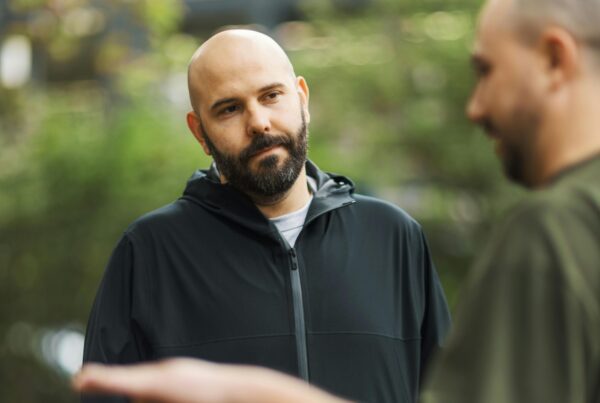Finding a therapist isn’t just about credentials or treatment methods—it’s about finding someone you can truly talk to. Someone who makes you feel safe, heard, and respected. The right therapist is someone you can connect with, even if talking about your emotions is new or uncomfortable. That connection is the foundation for real healing, and it’s the most important thing to look for—whether you’re dealing with anxiety, trauma, OCD, or just feeling stuck.
That said, therapy is not one-size-fits-all. There are different styles of therapy, specialties, and approaches—and it helps to understand what might be right for you.
If you’re searching for a Kansas City therapist, here’s a practical guide to make the process feel less overwhelming and more intentional.
1. Get Clear on Why You’re Seeking Therapy
Start by asking yourself what you’re hoping to work through. Some common reasons people seek therapy include:
- Ongoing anxiety or panic
- Depression or low motivation
- Grief or major life changes
- Relationship struggles
- Trauma, abuse, or PTSD
- OCD or intrusive thoughts
- Parenting stress or teen mental health concerns
If you’re not exactly sure, that’s okay. You don’t need to have it all figured out before you start—just having a sense of what’s been hard lately is enough to get going. The right Kansas City therapist will be able to help you through the process.

Find the right connection
2.Different Types of Therapy
Many Kansas City therapists list their therapy approaches or modalities on their websites. Here are a few common ones you might come across, but something important to know is you don’t have to choose a therapy type before reaching out—but if one of these sounds helpful, it’s a good filter to use when searching.
- CBT (Cognitive Behavioral Therapy): Helps you identify unhelpful thought patterns and learn tools to shift your thinking and behavior. Often used for anxiety, depression, and OCD.
- DBT (Dialectical Behavior Therapy): A type of therapy that teaches emotional regulation, mindfulness, and relationship skills. It’s especially helpful for intense emotions or impulsive behaviors.
- EMDR (Eye Movement Desensitization and Reprocessing): A structured therapy that helps people process trauma, loss, or deeply distressing memories.
- ERP (Exposure and Response Prevention): The gold standard for therapy for OCD, helping clients face fears and resist compulsions in a safe, supported way.
- Play Therapy or PCIT: Used with children to help them express emotions without relying only on words.
3. Review Credentials and Specialties

Notice how a therapist makes you feel
Look for a licensed therapist in Missouri or Kansas with credentials like:
- LPC – Licensed Professional Counselor
- LCSW – Licensed Clinical Social Worker
- LMFT – Licensed Marriage and Family Therapist
- PhD/PsyD – Psychologist
Also check for therapists who specialize in what you’re going through. Whether it’s anxiety, trauma, or therapy for OCD, you want someone experienced in that area—not just someone who lists it as a side note.
4. Schedule a Free Consultation—and Ask the Right Questions
Most therapists offer a free phone consultation. It’s your chance to get a feel for their style. Ask questions like:
- Have you worked with clients who’ve struggled with [insert your issue]?
- What therapy methods do you typically use?
- What’s your approach with new clients?
- How often do you meet with clients, and how long are sessions?
You’re not just looking for answers—you’re noticing how the therapist makes you feel. Do they seem warm? Do you feel rushed? Do you feel understood?
5. Don’t Ignore the Practical Stuff
As much as connection matters, logistics play a role too. Think about:
- Location: Is their office easy to get to from home or work in Kansas City?
- Schedule: Do they offer times that work for you?
- Insurance & Cost: Do they accept your plan, or offer a sliding scale?
- Teletherapy: Do you prefer in-person or virtual sessions?
Many Kansas City therapists now offer flexible options, including hybrid in-person and online care.
6. Be Open to Adjusting
Sometimes, the first therapist you meet isn’t the right fit—and that’s okay. You deserve to feel comfortable and supported. A good therapist will understand if you decide to try someone else.
The most important thing is to keep going until you find the right connection.
Final Thoughts
Choosing a Kansas City therapist is a personal decision—but you don’t have to make it blindly. Whether you’re looking for EMDR for trauma, CBT for anxiety, or therapy for OCD, knowing what to look for and asking the right questions can guide you to someone who truly fits.
Because therapy works best when you feel safe enough to be yourself—and that starts with the right match.





